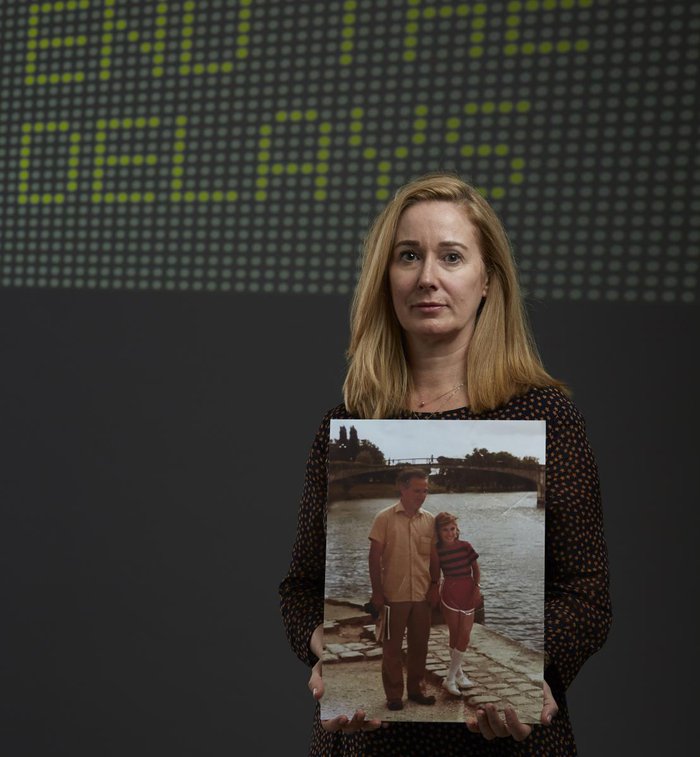Over a quarter of blood cancer cases only diagnosed after emergency admission
United Kingdom
Thousands of people a year in England only learn they have blood cancer, such as leukaemia, lymphoma and myeloma, after their symptoms need emergency treatment according to our new report.
There are over 40,000 new cases of blood cancer in the UK every year. Our analysis of NHS data in England found that 28% of patients are diagnosed via emergency admission to hospital, for example after becoming so ill that they go to A&E, which is significantly higher than cancers on average.
Just 40% of people with blood cancer live for three years or more if they are diagnosed as an emergency, compared to 77% of those diagnosed via their GP. Patients who are diagnosed as an emergency also have fewer treatment options and are at a greater risk of serious side effects.
Delays are costing a significant number of lives a year and we urge the NHS to take urgent action to get more people diagnosed earlier.
Delayed diagnosis can cost lives
Diana Elkins, aged 49, from Twickenham, lost her father, Trevor Llewellyn Elkins, a former Army colonel, to blood cancer. Trevor visited his GP several times over 12 months with symptoms including a persistent cough, weight loss, back pain, a rash and a lump in his groin, but only received an accurate diagnosis after he was taken to A&E and then admitted to intensive care. He died two weeks later.

Diana said: “My family’s world fell apart when my father died of blood cancer. Before he became ill, he had been a very active 72-year-old who liked running and to walk remote mountain ranges. He had symptoms for 12 months and went to the GP several times to be told he had things ranging from gout to Lyme disease – never blood cancer.
“His symptoms were typical of his type of blood cancer, but he trusted his GP and never made a fuss or questioned why he wasn’t tested for cancer or sent to see a specialist, even though he continued to suffer symptoms for a year. In the end he was in so much agony and could barely move that I had to take him to A&E. He was distressed on the journey there, it was very frightening. He was then admitted to intensive care and finally diagnosed with blood cancer. He never came home.”
A need to reduce the number of GP visits it takes to get diagnosed
In our new report, ‘Delays Expected’, we warn blood cancer is in danger of being left out of plans to speed up cancer diagnosis in England. The NHS’s annual survey of cancer patients shows it takes more visits to the GP to be diagnosed with blood cancer than for any other common type of cancer.
The Government must help the NHS to significantly reduce the number of GP appointments needed to diagnose blood cancer in the next five years so fewer people are forced to seek emergency help.
Thousands of people affected each year in UK
Gemma Peters, our Chief Executive, said: “This report lays bare how thousands of people in England with blood cancer are being diagnosed too late.
“In most cases, blood cancer symptoms start several weeks or even several months before they need emergency treatment, so the fact that around three out of ten people are ending up in A&E shows that patients are slipping through the net. These delays are costing a significant number of lives a year, as well as leading to needless physical and mental harm to patients.
“Blood cancer is the third biggest cause of cancer deaths in this country. If NHS England is to achieve the Government’s ambition to improve early diagnosis and survival rates, they must take urgent action to tackle the unnecessary delays in treating people with blood cancer.”
Bloodwise is calling on the Government to end the injustice of people with blood cancer struggling to get a diagnosis.
